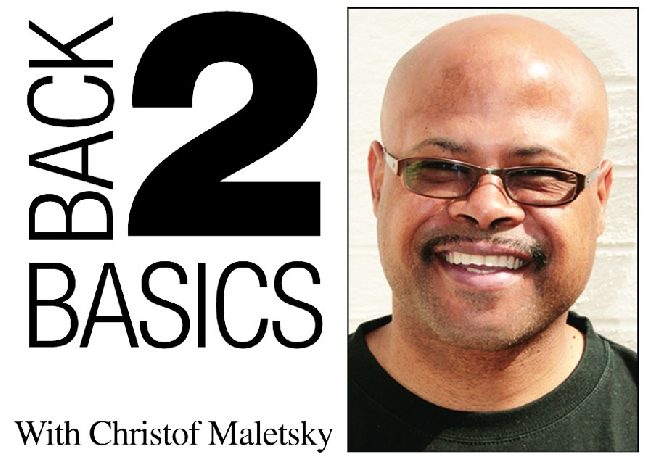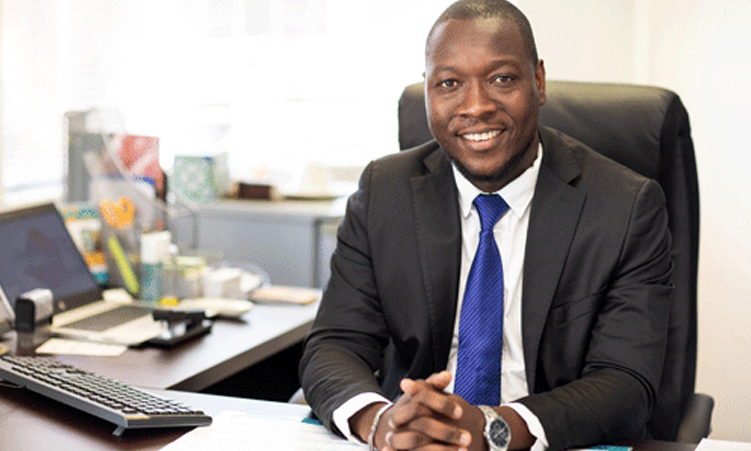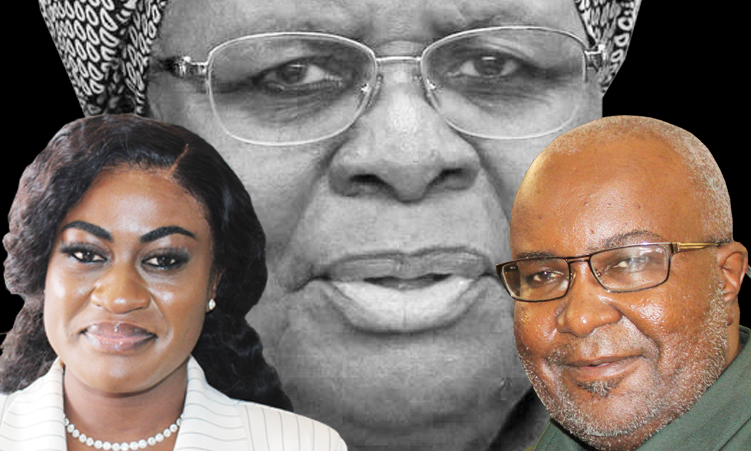THE appointment of Hage Geingob as Prime Minister of Namibia, for the second time, was met with a lot of excitement but we need to be cautious in our expectations from his administration.
There is no doubt that Geingob was a good negotiator when the Constitution was drafted, on top of his game as chief administrator when the civil service was set up and has proven to be a strict and demanding leader with a hands-on approach.
Those who have worked closely with him will tell you that the man hardly slept at night!
I could also sense that he was doing a lot of reading as his input on almost anything was enlightening and thought-provoking.
His negotiating skills were not only quite evident during the drafting of the Constitution but even when he was Trade Minister dealing with the European Union on the Economic Partnership Agreement (EPA).
So there is no doubt that he has set the bar very high. In fact, so high that it is likely to be a huge challenge for him to keep up with it, unless he applies his energy wisely.
It won’t help him to keep complaining about, for instance, Namibia being classified as an upper middle-income country.
I know that such a classification can partly mean that donors will withdraw funding from Namibia.
But how much funding are we talking about? The last time I checked donor funding made up around five percent of Namibia’s national budget.
Instead of complaining about the classification, I would have thought that Geingob and the rest of our leaders can use it to our advantage.
The fact that we have been ‘promoted’ to the middle-income level means we have been doing something right as a country.
A quick glance at the World Bank website indicates that we have made “significant progress in addressing many development challenges”.
The bank says access to basic education, primary health care services, and safe water is high and growing. Sound public policies are helping to lay the foundation for gender equality and we have been “a leader in the area of natural resource conservation”, while maintaining social safety net programmes for the elderly, disabled, orphans, vulnerable children, and war veterans.
Most importantly, the ranking has opened up a chance for us to tell the rest of the world that we are making progress and there are opportunities for foreign direct investment. That should be our, and Geingob’s, approach.
We should be able to tell investors that we do not rely on donor funding and fund our budget almost fully from our own resources. We are doing something right, which should attract investors!
Therefore, Geingob needs to move on. He has made the statement of unhappiness about the ranking but let’s look at opportunities. There are two sides to a coin.
He has the respect of the world and they will listen when he talks.
But I see him more in a statesman role where he will make clever appointments, set fewer but crucial targets and let others do the running while he monitors closely and keeps them on their toes. At his age, he needs not to have sleepless nights!
Although Geingob is expected to appoint the majority of his Cabinet from the National Assembly where the 50/50 representation will probably be implemented for the first time, he has leeway in that he can nominate 10 people on Swapo’s parliamentary list while also appointing six others to the final list of parliamentarians.
Even though a person appointed by the President to the National Assembly has no voting powers, he or she would be listened to if they command respect because of expertise in a certain field.
So the second coming of Geingob should be marked by more tactical approaches where even the negatives can be used in such a way that they become valuable to the nation. He has the ability and stature to do that.
Stay informed with The Namibian – your source for credible journalism. Get in-depth reporting and opinions for
only N$85 a month. Invest in journalism, invest in democracy –
Subscribe Now!










